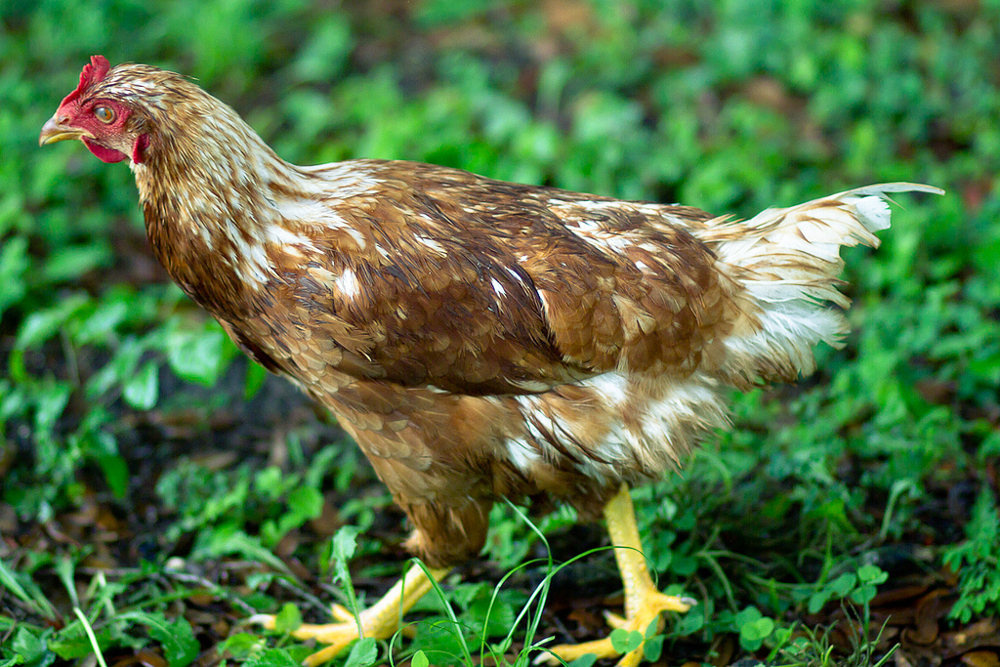Trade critics are concerned about secrecy, and chicken farmers are on the defensive after the revised Trans-Pacific Partnership was announced this week by the federal Liberal government.
Laura Tribe of OpenMedia, an Internet freedom advocacy organization, said while she’s happy parts of the original agreement related to intellectual property have been suspended, the deal was not negotiated with enough transparency.
“We’ve heard from the government they plan on transparency in trade, and I don’t know how a sudden announcement without clarity that they were even back at the negotiating table does that,” Tribe said.
“We are being assured that Canada’s best interests are being put forward, but we have no idea what that looks like or how they are interpreting our best interests.”
The deal was made behind closed doors in Tokyo.
The original Trans-Pacific Partnership was signed by 12 Pacific Rim nations in 2016 but was short-lived after the election of U.S. President Donald Trump, who pulled his country out of the deal once he took office and before the agreement came into force.
The remaining 11 countries started working on a new agreement. In November, Prime Minister Justin Trudeau took heat for missing a meeting to discuss it in Vietnam.
But as Canada headed back to the negotiating table this week to preserve the troubled North American Free Trade Agreement, Ottawa revealed it had reached a deal on the now renamed Comprehensive and Progressive Agreement for Trans-Pacific Partnership.
Tribe said the departure of the Americans from the deal made it easy to shelve the contentious parts of the agreement that focused on intellectual property.
“It’s one of those things where you have to give credit where credit is due,” Tribe said. “We don’t think they’ve figured it out or got it perfect yet.”
She said Washington was using “pressure and bullying” tactics to advance an intellectual property agenda similar to that used in the U.S., such as adding 20 years to copyright terms.
Tribe said her organization is still concerned about how the deal was negotiated because of how secretly it was done. She said she wonders how seriously the concerns of Canadians are being taken by the Liberal government.
The automotive sector has already been vocal about its opposition to the revised deal. Jerry Dias of Unifor, which represents thousands of Canadian auto workers, called the agreement “B.S.” and “the worst trade deal ever.” He also took aim at the secretive nature of the deal.
Lisa Bishop-Spencer, manager of communications for the Chicken Farmers of Canada, said her organization wasn’t consulted for this round of negotiations on the agreement and isn’t happy with the outcome.
Currently Canada allows 7.5 per cent of domestic chicken production to be imported. When the TPP was negotiated the U.S. wanted Canada to boost its allowable chicken imports by 2.1 per cent, but despite the U.S. pulling out, that increase is still in the revised agreement.
“All of the sudden we find ourselves having to give 2.1 per cent of our production to people who hadn't even asked for it,” Bishop-Spencer said of the remaining countries in the revised deal.
Chicken doesn’t travel well, she said, so most of the imported poultry would be used in soups or processed foods.
Bishop-Spencer said the organization is planning to discuss the issue with the federal government.
“These numbers should have been adjusted to reflect for the withdrawal of the U.S.,” she said. “And they weren’t.”
She said chicken farmers are hurt by producers outside of Canada getting product into the country by exploiting loopholes, costing an estimated $139 million a year to farmers.
The losses due to the loopholes combined with the 2.1 per cent increase under the new deal means the organization will be digging its heels in and won’t make further concessions during the NAFTA negotiations, she said. ![]()
Read more: Labour + Industry
















Tyee Commenting Guidelines
Comments that violate guidelines risk being deleted, and violations may result in a temporary or permanent user ban. Maintain the spirit of good conversation to stay in the discussion.
*Please note The Tyee is not a forum for spreading misinformation about COVID-19, denying its existence or minimizing its risk to public health.
Do:
Do not: